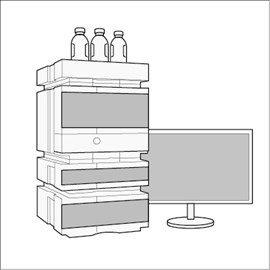 DOWNLOAD
DOWNLOAD
- Products
-
Pharmaceutical
Preparations
Single Use
Utility System
Sterile APIs
Lab/Microbial Limit Tests
Cobetter Instruments
-
Medical
OEM Membranes and Devices
Sensor Protection Membrane Nylon Membrane Breathable Hydrophilic Membrane Acrylic Copolymer Membrane Surfactant-free Cellulose Acetate(SFCA)Membrane Regenerated Cellulose (RC) membrane Cellulose Acetate Membrane UHMWPE Membrane Mixed Cellulose Esters (MCE) Membrane Filter Polypropylene (PP) Membrane Hydrophilic Polyethersulfone (PES) Membrane Hydrophobic ePTFE Membrane Oleophobic PTFE Membrane Hydrophilic PTFE Membrane Hydrophilic / Hydrophobic PVDF MembraneSintered Porous PTFE
Oxygenation
Air and Vent Filtration
Infusion Therapy
Medical Water Filtration
Surgical Smoke ULPA Filter
-
Microelectronics
Semiconductors
Flat Panel Display
Electronic Chemicals
Data Storage
High Brightness Light Emitting Diode
-
Food & Beverage
Brewing
Bottled Water
Wine
Soft Drinks
Dairy
Distilled Spirits
Food and Ingredients
-
General Industry
Energy and Chemical Industry
Fine Chemical Industry
Hydraulic & Lubricating System
Machinery & Equipment
-
Laboratory
Transfer Membrane
Sterility Testing
Groundwater Sampling Filter
Automobile Exhaust Detection Membrane
Car Cleanness Filter Detection Membrane
Atmosphere /Flue Gas Monitoring Membrane
Ultrafiltration Centrifugal Tube
- Latest News
- About Us
- Validation Services
- Quality Assurance
- Contact Us
-











